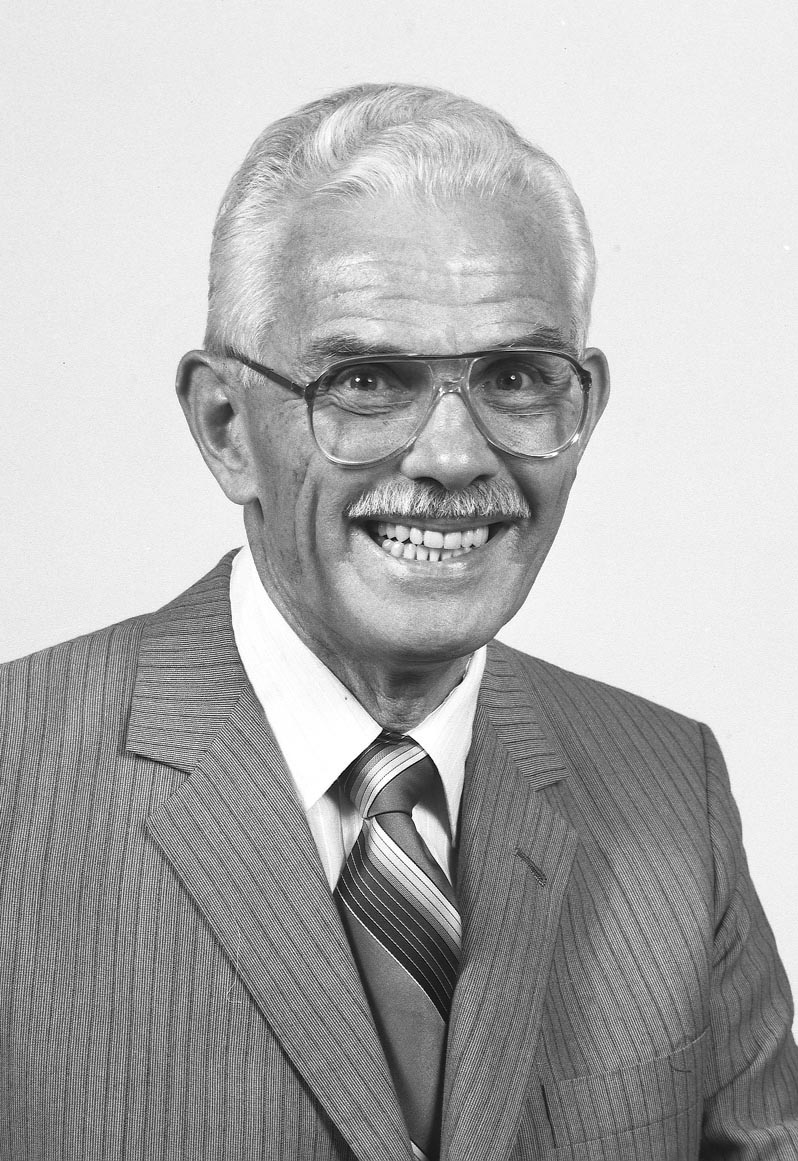
RICHMOND, Va. (BP)–Convincing Christian workers they are called by God to go to the Arab world traditionally has been a “tough sell” for mission agencies.
You can imagine how much tougher the sale became after Sept. 11.
The terrorist attacks magnified every fear — real or imagined — Americans have about the Middle East. But one of the International Mission Board’s strategic leaders for the region puts fear into perspective:
“Where is a safe place today?” he asks. “For Christians, the only truly safe place to be is in the will of God, and that means being on mission with Him wherever he leads — including the Muslim world.”
If those words sound familiar, perhaps it’s because they echo the deep Scottish brogue of Finlay Graham — one of the great missionaries of the last century. A new generation of potential missionaries needs to hear Graham’s fearless voice.
Graham died in September 2000 — almost exactly a year before the 9/11 attacks. The horrors of that day would have broken his heart, but not his will. If he were alive today, Graham wouldn’t tolerate any notion of retreat from Muslim areas.
As a battle-weary Royal Air Force navigator flying over the Middle East during World War II, young Graham looked down and asked God to show him where he might serve in peace after the war.
God answered that prayer. Graham went on to serve nearly four decades in the region. He became Southern Baptists’ first missionary to Lebanon, a gifted Arabic scholar and founder of the Arab Baptist Theological Seminary in Beirut — now a center for training leaders from throughout the Arab world.
Graham had many close encounters with danger during his action-packed life.
One of the RAF bombers he flew crashed into the Persian Gulf during combat; a scar on his face bore witness to the incident. During his early mission service in postwar Palestine, he and his wife were mistaken for Zionist spies and targeted for death. Instead of fleeing, they welcomed into their home the men sent to kill them — and proved their innocence. The men left, thanking them for serving Palestinians.
Years later, he kept the Beirut seminary running when rockets were landing in the courtyard. Once he was taken prisoner by PLO fighters in the city and taken to their camp. They released him, declaring him “harmless” after he showed them a tract about gaining peace with God.
Graham, however, wasn’t a rash man. “He was a man of courage,” longtime colleague Jim Ragland says.
Others, even opponents, sensed it — and respected it. Once, when hostile Lebanese villagers burst into a Christian meeting and began throwing chairs and books, Graham grabbed the hand of one of them and said two words: “That’s enough.” The villagers turned and left.
Graham got some of his grit from his native Scotland. Born in 1920, he grew up in hard times, eating mostly potatoes. He embraced Christ as Savior at age 19 and later became a Baptist. He was already considering missionary service when World War II came.
When the war ended, he visited the empty “Garden Tomb” in Jerusalem, believed by many to be Christ’s burial site. “I can’t explain exactly what happened,” he reflected. “But three hours later, I was convinced that the Arabic-speaking world was my calling.”
He never wavered from that call. He returned to Palestine in 1946, where he met and married widowed Southern Baptist missionary Julia Hagood. Graham was appointed a Southern Baptist missionary. Later he became a U.S. citizen and earned multiple seminary degrees.
The couple served in Nazareth and in Jordan, then went to Lebanon. Beginnings were humble: one tiny church. Graham rode to mountain villages on a donkey. But he dreamed of a seminary that would prepare Baptists for ministry throughout the Arab world. With typical gumption, he worked to make the dream come true.
The seminary opened in Beirut in 1960. High-rises now cover the same hill, but the seminary is still there — a beacon for Christian leaders in the Middle East.
Graham’s iron discipline often gave way to slaps on the back, jokes and corny Scottish sayings to encourage weary missionaries. He also applied his prodigious energy to golf and tennis — losing regularly but with never-say-die intensity.
After retiring in 1986, he taught missions and Arabic to future missionaries. In his latter years, Graham lamented that only “a trickle” of new Southern Baptist workers were heading for the resistant places of the Arab world.
“God is looking for people who will persist and insist and be faithful and diligent,” he said. “People who are willing to go wherever God calls them despite the difficulties.”
People like Finlay Graham.
–30–
(BP) file photos posted in the BP Photo Library at http://www.bpnews.net. Photo titles: FAITHFUL AND PERSISTANT and GARDEN OF DECISION.














